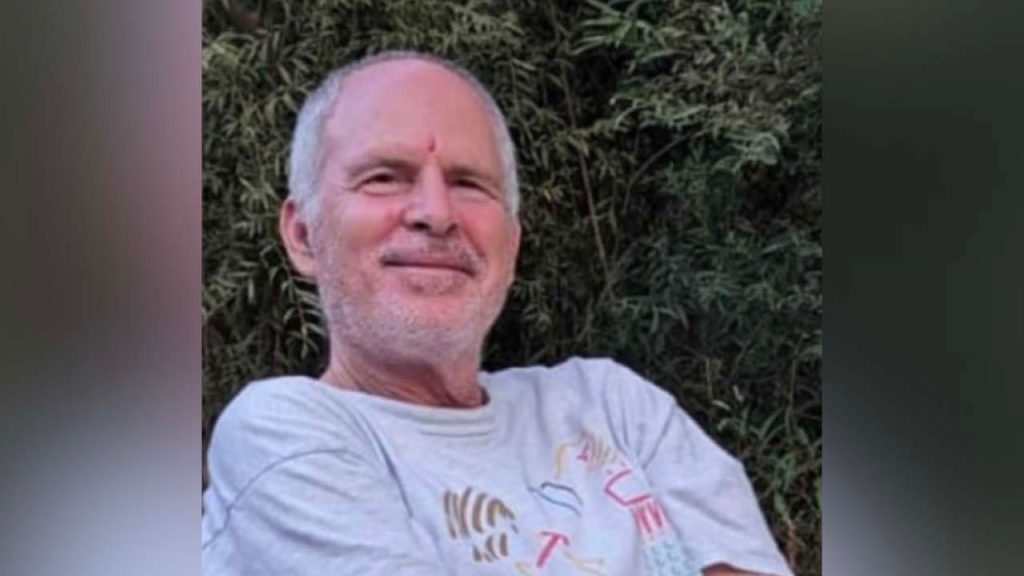The escalating hostage crisis in Gaza saw a glimmer of hope with the release of two Israeli hostages, Ofer Kalderon and Yarden Bibas, facilitated by the Red Cross and subsequently handed over to the Israeli Defense Forces (IDF). This development comes as part of a phased ceasefire agreement between Israel and Hamas, a militant group controlling the Gaza Strip. A third hostage, American-Israeli citizen Keith Siegel, 65, is also expected to be released later Saturday, marking a significant moment as he would be the first American freed under the current agreement. Siegel, originally from North Carolina, immigrated to Israel and was kidnapped from his home in Kibbutz Kfar Aza during the initial Hamas attacks on October 7, 2023. His wife, Aviva Siegel, was released in a previous hostage exchange in November and has consistently voiced concerns about her husband’s deteriorating health while in captivity. The staggered release of hostages is a central component of the ceasefire deal, and while their freedom offers a beacon of hope, the ongoing plight of those remaining in captivity underscores the fragility of the situation. Yarden Bibas’s release is bittersweet, as his wife and two young children remain captive, highlighting the agonizing uncertainty faced by many families.
This latest round of releases brings the total number of freed hostages to 15, including 10 Israelis and five Thai nationals. Six Americans are still held captive in Gaza, including Sagui Dekel-Chen, a 36-year-old father of three, and Edan Alexander, a 21-year-old from New Jersey serving in the IDF when captured. The situation is further complicated by Hamas’s possession of the bodies of deceased hostages, adding another layer of complexity to the already fraught negotiations. The release of these hostages is a direct result of intensive diplomatic efforts, particularly by the Trump administration, which has made the safe return of American citizens a top priority. President Trump’s firm stance, warning Hamas of severe consequences should they fail to comply, has applied significant pressure on the militant group.
The ongoing ceasefire agreement, designed to halt the brutal 15-month war between Israel and Hamas, is a delicate and complex process. Each stage involves the incremental release of hostages in exchange for the release of Palestinian prisoners and increased humanitarian aid to Gaza. This careful balancing act has been punctuated by setbacks, including a deeply disturbing incident where Hamas paraded hostages before an agitated mob, jeopardizing their safety. This provocative act sparked outrage in Israel, prompting Prime Minister Benjamin Netanyahu to temporarily suspend the reciprocal release of Palestinian prisoners as a stern warning to Hamas against further disruptions. The chaotic scenes surrounding the handover of hostages to the Red Cross further underscored the precarious nature of the truce and the volatile environment in which these negotiations are taking place.
The tentative roadmap for the ceasefire outlines the release of an additional 33 hostages over the next six weeks. In return, Israel has committed to releasing 2,000 Palestinian security prisoners, including 250-300 convicted of deadly attacks. This concession is a significant one and underscores the desperate need to secure the release of hostages. The agreement also includes provisions for increased humanitarian aid to be delivered to the war-torn Gaza Strip, a crucial element in alleviating the suffering of its residents. However, the ultimate success of the ceasefire hinges on Hamas’s full cooperation, a prospect that remains uncertain and casts a shadow over the fragile peace. The situation remains volatile, with the threat of renewed conflict a constant concern.
The urgency of the hostage situation and the broader regional instability have prompted a high-level meeting between President Trump and Prime Minister Netanyahu. Netanyahu has accepted Trump’s invitation to visit Washington on February 4, marking the first meeting between the two leaders since Trump’s second term began and underscoring the significance of the ongoing crisis. The agenda for this crucial meeting will encompass the hostage deal, the intricacies of the ceasefire negotiations, and wider security concerns, including Iran’s destabilizing influence in the region and the long and arduous process of rebuilding Gaza. The visit represents a pivotal moment in the ongoing diplomatic efforts to secure a lasting peace in the volatile region.
The emotional toll of the hostage crisis is immense, especially for the families of those still held captive. The poignant statement delivered by Yechi Yehoud, father of recently released hostage Arbel Yehoud, encapsulates the anguish and resilience of these families. He spoke of his daughter’s heroic survival and the immeasurable courage she displayed throughout her ordeal. While expressing profound gratitude to President Trump and his Middle East envoy, Steve Witkoff, for their unwavering efforts in securing the hostages’ return, Yehoud also emphasized the ongoing struggle for the remaining captives, vowing not to rest until they are all safely home. This unwavering determination mirrors the sentiments of families across Israel and the United States, united in their hope for the safe return of their loved ones. The ongoing negotiations and the delicate balance of the ceasefire agreement represent a crucial juncture in the pursuit of peace and stability in the region.

